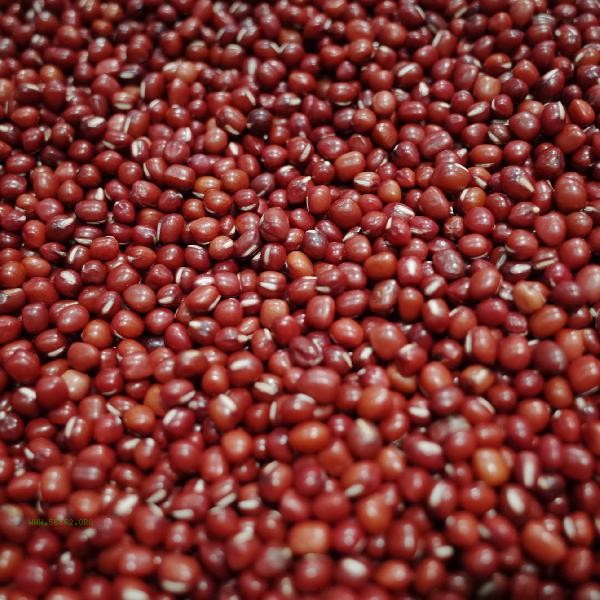Healthy adults are recommended to consume 30-50 grams of dried beans or equivalent soy products daily. The intake of legumes should be adjusted based on individual digestive capacity, protein requirements, and special health conditions. Beans are rich in high-quality protein, dietary fiber, and B vitamins. Moderate consumption can help regulate blood lipids and stabilize blood sugar. People with normal digestive function can eat about a handful of cooked soybeans or the same amount of tofu soybean milk every day. Taking it in batches can reduce the risk of flatulence. Individuals with a history of chronic kidney disease or gout should limit their intake of high purine legumes, such as soybeans and black beans, to no more than 20 grams of dry weight per day, and prioritize low purine mung beans and red beans. The combination of beans and grains can improve protein utilization, such as red bean rice, chickpea puree with whole wheat bread.

Infants, young children, and individuals with gastrointestinal sensitivity should start with small doses and observe for bloating or allergic reactions. Fermented soy products such as natto and miso are easier to digest and absorb, making them suitable for those with weaker digestive functions. Long term vegetarians can increase their intake of legumes to 60-80 grams per day, but it is important to also supplement with vitamin B12. Processed soy products available in the market may contain high sodium and sugar content, so it is recommended to choose prototype soy products with minimal additives.

It is recommended to consume legumes dispersed in three meals, soak for more than 12 hours, and cook thoroughly to reduce anti nutritional factors. Pairing with spices such as ginger and fennel can help reduce gas production reactions, and supplementing with soy protein in moderation after exercise can promote muscle repair. Special populations should develop personalized intake plans under the guidance of nutritionists to avoid excessive intake that affects mineral absorption or increases metabolic burden.









Comments (0)
Leave a Comment
No comments yet
Be the first to share your thoughts!